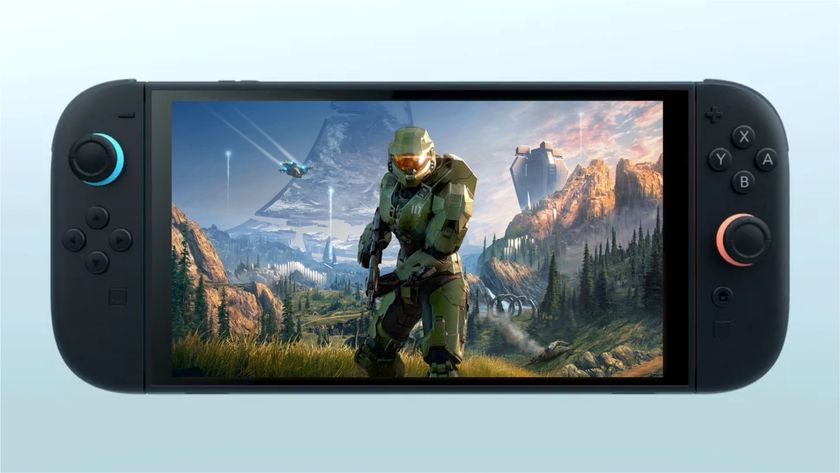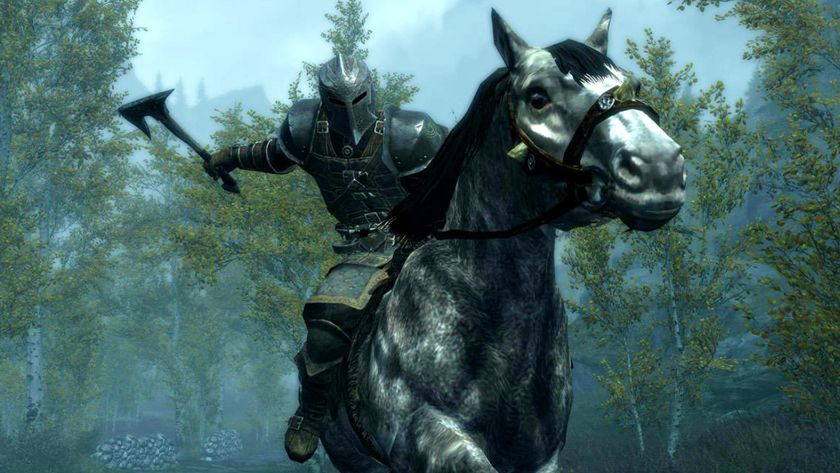The Top 7... Nintendo mistakes
How the videogame giant became the world's favorite underdog
5 - An ongoing battle against online gaming
"Customer's don't want online games." - Nintendo president Satoru Iwata, 2004
"More than six million people are Xbox Live members." - Microsoft press release, 2007
This quote from the Japan Economic Foundation may sound inaccurate today, what with Nintendo's Wi-Fi Connection and all, but three years ago the company couldn't have been more anti-online. WhileSega Saturn offered a modem, Nintendo never even approached the idea with the N64. A few years later, Dreamcast had a modem built in, the Xbox shipped with broadband support and PS2 rolled out its own way to take the system online. What did GameCube provide? A half-assed broadband adaptor that supported Phantasy Star Online games with zero first-party backing. If you wanted to game online, you did not play with Nintendo.

The rationale, for the time, wasn't without reason - most Japanese players got online in public places, not their homes. Even though the rest of the gaming world goes the other way, Nintendo was more concerned with its homeland than appealing to any other audience. Fair enough, but this led to Microsoft dominating the market with the attractive and easy-to-use Xbox Live.
And once Nintendo finally embraced online gaming, what did we get? Horrendous 16-digit Friend Codes that must be traded before you can play another person. Oh, and these codes aren't system specific - there are different codes for every game you buy. Who needs clever, easy to remember Gamertags when you've got a string of forgettable numbers to trade with each new title? Maybe they're safe for kids; maybe they're total pains in the ass too.
Sign up to the 12DOVE Newsletter
Weekly digests, tales from the communities you love, and more
Even with the Wi-Fi Connection going strong on DS, there's still very little effort being put into Wii's online presence. When was the last time you sent a message to someone? Why do we have to wait six months before playing one damn Wii game online in the US (and when we do, it'll be Pokemon Battle Revolution )? If Nintendo had just embraced online gaming when it was in its infancy, it could be the one monopolizing the internet gamer community. As it is, that crowd belongs entirely to Microsoft, and with PS3's Home on the way, we need more than some cutesy Mii people running around to convince us of Nintendo's commitment to one of the fastest growing aspects of modern gaming.
The rationale, for the time, wasn't without reason - most Japanese players got online in public places, not their homes. Even though the rest of the gaming world goes the other way, Nintendo was more concerned with its homeland than appealing to any other audience. Fair enough, but this led to Microsoft dominating the market with the attractive and easy-to-use Xbox Live.
And once Nintendo finally embraced online gaming, what did we get? Horrendous 16-digit Friend Codes that must be traded before you can play another person. Oh, and these codes aren't system specific - there are different codes for every game you buy. Who needs clever, easy to remember Gamertags when you've got a string of forgettable numbers to trade with each new title? Maybe they're safe for kids; maybe they're total pains in the ass too.
Even with the Wi-Fi Connection going strong on DS, there's still very little effort being put into Wii's online presence. When was the last time you sent a message to someone? Why do we have to wait six months before playing one damn Wii game online in the US (and when we do, it'll be Pokemon Battle Revolution )? If Nintendo had just embraced online gaming when it was in its infancy, it could be the one monopolizing the internet gamer community. As it is, that crowd belongs entirely to Microsoft, and with PS3's Home on the way, we need more than some cutesy Mii people running around to convince us of Nintendo's commitment to one of the fastest growing aspects of modern gaming.
A fomer Executive Editor at GamesRadar, Brett also contributed content to many other Future gaming publications including Nintendo Power, PC Gamer and Official Xbox Magazine. Brett has worked at Capcom in several senior roles, is an experienced podcaster, and now works as a Senior Manager of Content Communications at PlayStation SIE.

Larian boss defends mods as D&D owner Wizards of the Coast blasts a Baldur’s Gate 3 Stardew Valley mod offline with a DMCA: "There are good ways of dealing with this"

Former Nintendo marketing leads say the Wii U flopped so bad that getting third-party support on Switch was "really hard," but the Switch 2 marks a new era: "There's no more proving yourself"











